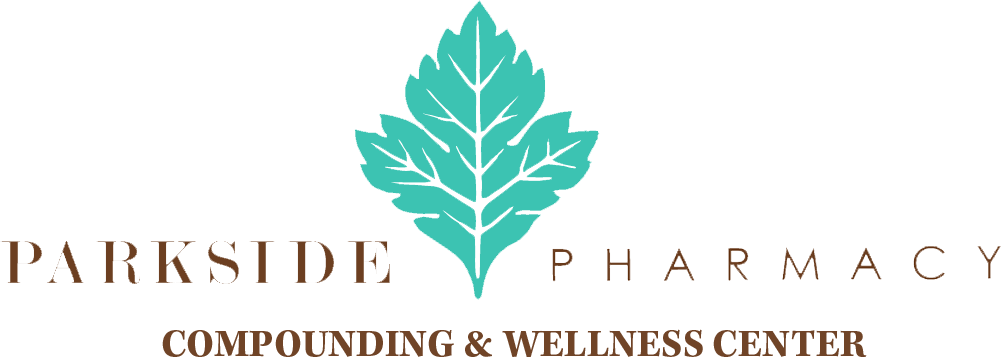Pharmacy is one of the most transparent professions. You can walk up to any pharmacy and literally watch what a pharmacist does. You can talk directly to a pharmacist almost immediately and ask for advice. Even with this easy access and availability, many people are not aware of how valuable a pharmacist can be in their health care.
Prior to the 1950s all pharmacies compounded medications; however, by the end of that decade, almost all medications were mass produced by pharmaceutical companies. Since then, pharmacists have changed into drug dispensers. Amazingly, compounding pharmacies have survived and are now starting to become more and more popular. Compounding pharmacists work with other health care providers to find the appropriate medication, strength and dosage form for each patient. This investment into each patient opens up communication between all parties and ultimately results in improved patient care.
While commercial medications may be sufficient to treat some people, others may benefit greatly by using compounded medications. By compounding medications, the ability to individualize medication is almost limitless. Compounded medications can be made from commercial products or from raw ingredients. In the event of a drug shortage, this means that the compounding pharmacy may be able to obtain the raw ingredient and make that medication just for you. Dosage strength and how the medication is applied can also be customized.
Compounded medications are also very important in the dentistry, dermatology and veterinary fields. In dentistry, specialized oral medications allow for dentists to effectively prevent infection and anxiety. In dermatology, multiple medications can be mixed together into one cream, ointment or gel. This makes the therapy easier to use and more effective. In animals, medications can be tailored specifically to the pet, with flavorings such as chicken, beef or tuna.
Specific patients may benefit from receiving compounded medications more than others, including young children and the elderly. These patients are different in size and body function and therefore process medication differently than the rest of the population. Therefore, the commercial medications are not available in appropriate dosage strengths for pediatric and geriatric patients. Usually these two groups of patients have difficulty swallowing tablets or capsules, and need compounding pharmacies to make the necessary medication in a different dosage form, like an oral liquid or topical cream.
Compounding pharmacists are working with physicians in finding the optimum therapy for patients. This will continue as more physicians and patients lean towards individualized therapy. With the utilization of genetic testing and adjusting medication based on genes, the need for specific dosage strengths will increase. Ironically, big pharmaceutical companies are also proving that compounding pharmacies are needed. As research and production costs rise, so will drug shortages. This encourages patients to use compounded medications. Compounding pharmacies have stood the test of time. The ability to make medication dates back to the beginning of pharmacy and continues to be a necessity in providing proper medical care. While compounded medications may not be utilized by all patients, for those that need specialized dosage strengths or forms, compounding pharmacies are lifesavers.
